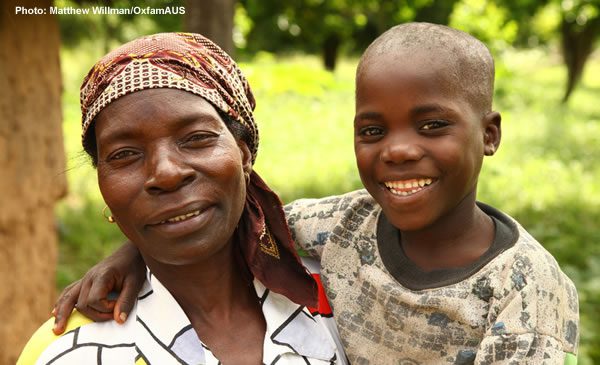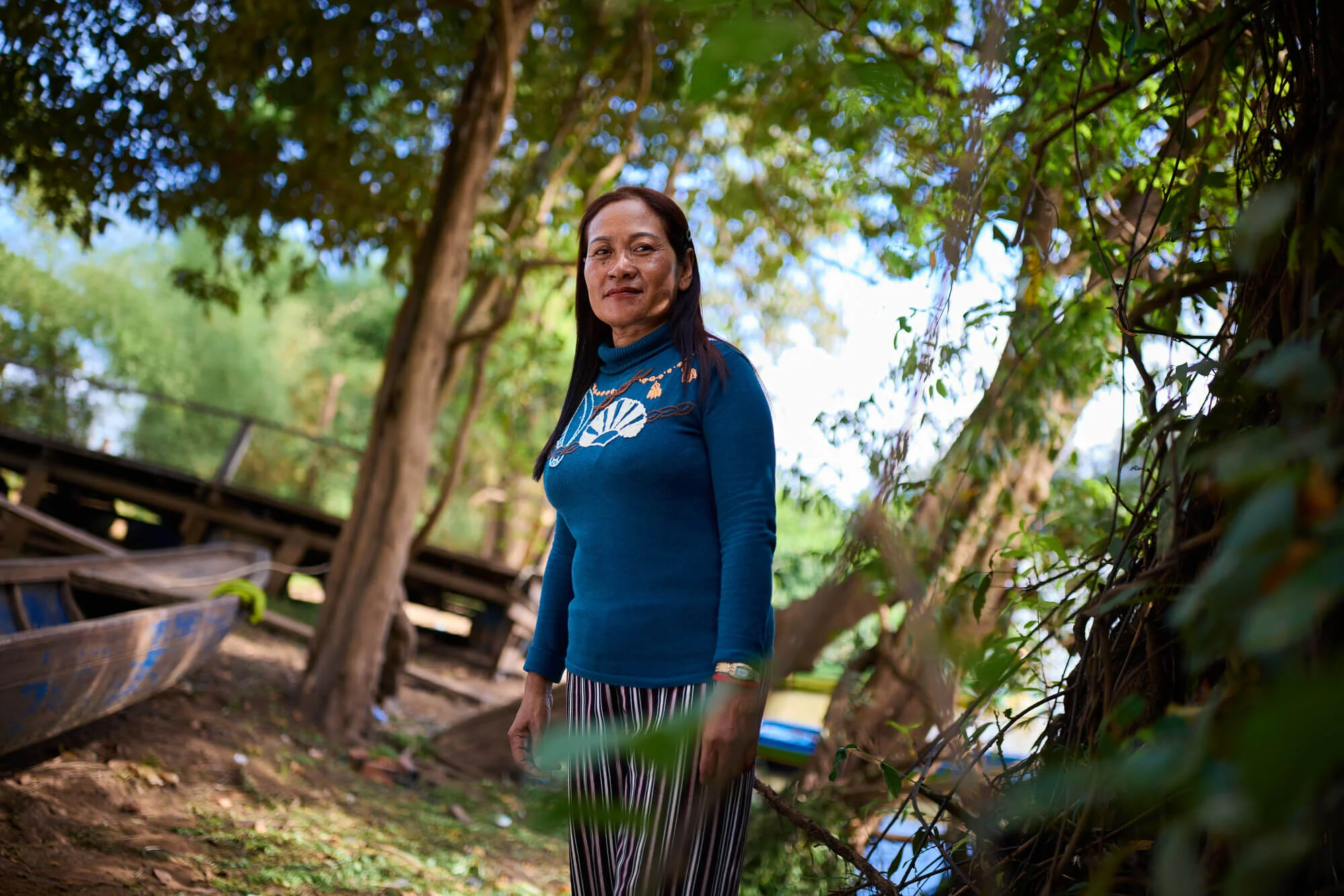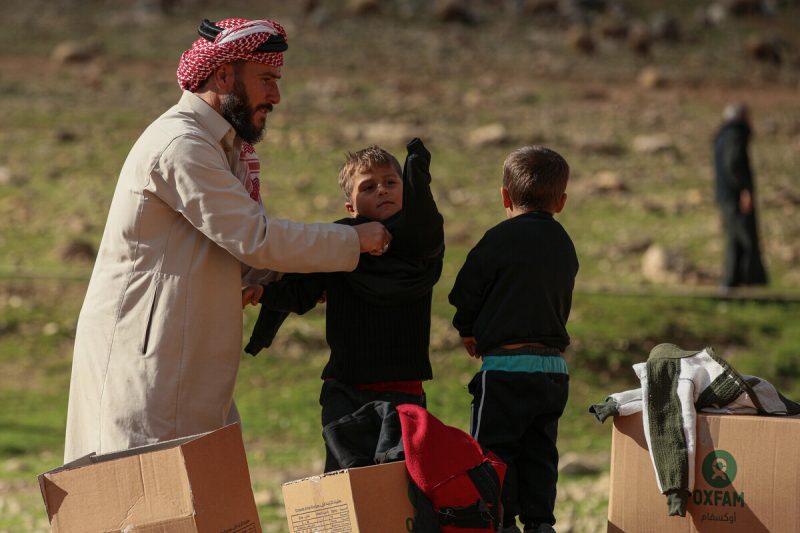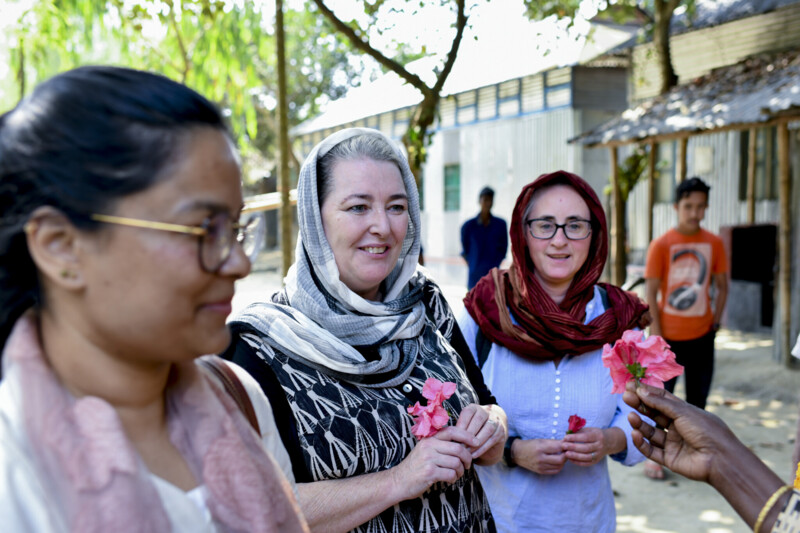We hope you’ve enjoyed our series of blog posts introducing some of the real people we’ve been working with in Mozambique. In our final blog post we hear more from Elisa Elias Mavone, who appears in this video. Oxfam News editor Maureen Bathgate travelled to Mabawane village in Gaza Province to hear Elisa’s story.
How many children do you have?
I have eight children aged between 30 and 11. Only one goes to school.
Tell us about your vegetable garden.
[Our local partner] ADCR gave us this plot. It is an individual plot just for our family, but there is also a communal plot. We grow onions and cabbages. We are also growing potatoes for the first time, to see if the soil is good.
Before the project, did you have a garden at home?
This is my first experience with the project. Before I had this garden, we used to have a small garden at home where I grew bananas and cassava, but nothing like this.
How many months of the year would this food last you?
We were very poor; our living conditions were not good. We were not getting anything from our small garden. Before [Oxfam] came to help us, we were living in sacrifice. We had a plot, but we didn’t have the techniques.
How did the food shortages affect your family?
We used to starve. We would only have one meal a day — or sometimes not even that.
Sometimes we would go one or two days without eating and we would get sick. Now we have two or even three meals a day.
Even now, if we don’t go to the farm, we can still starve and sacrifice. You have to work daily. But now, they have meals, we have food. We are healthy.
Why is growing vegetables important to your family?
The main good thing is that we can eat vegetables that we grow on the plot, but I can also sell some and get money to buy other things we need at home like cooking oil. I couldn’t do this before.
What techniques did you learn from ADCR that were different from what you were doing before?
Using cows to plough the fields. I didn’t know how to plough using cows before, but now I know how.
Where did you get the cows?
I got the cows from the project. Three — two males and one female. I was very happy to receive the cows. I have never owned cows before. I received training in how to plough and look after the cows.
How else did ADCR support you?
They gave us seeds. Like this kind of sweet potato, ADCR gave us the seed for them. We didn’t know this kind [of sweet potato] before. They also gave us seeds for maize, beans, peanuts, cabbages and onions.
We also received tools: a plough, a hoe, a bush knife/machete, a watering can.
What are the main changes for you and your family as a result of the project?
We are healthier. Before, we didn’t know anything about healthy food like cabbages and peanuts and onions because I couldn’t get them. Now we eat them regularly and there is an improvement in the family’s health.
The project has also brought our family self-esteem. We now feel like we belong to the community. People don’t look down on us anymore. People look at us as people, as equals.
I thank the project very much because our family has benefited from it. You are my sister.
We hope these blog posts have offered a glimpse into the lives of real people who are benefitting from our work, and from your support of Oxfam Australia. If you’d like to help make a difference, please considering donating to our Stop Hunger Appeal. Thanks for reading!



